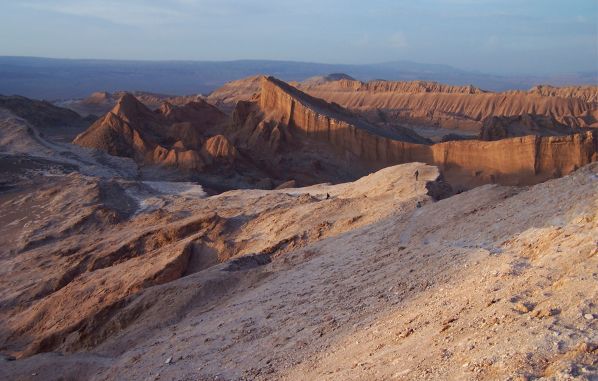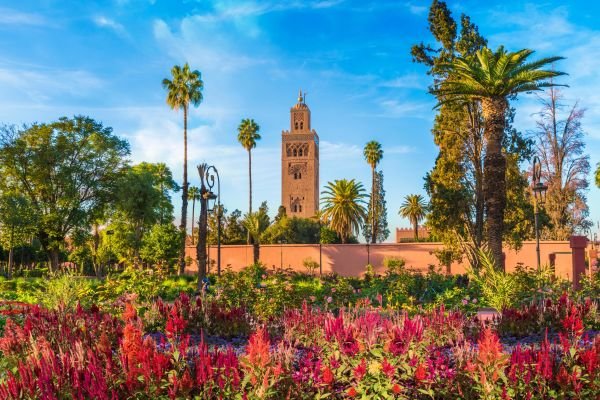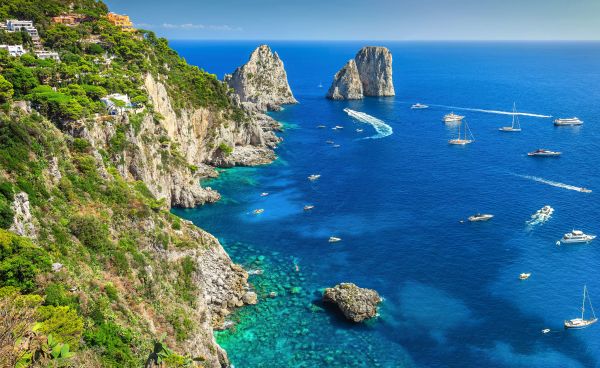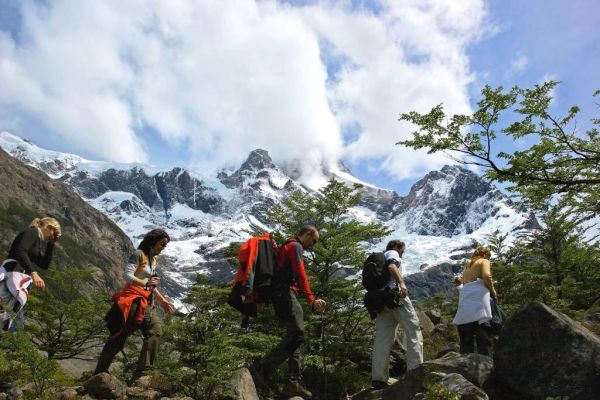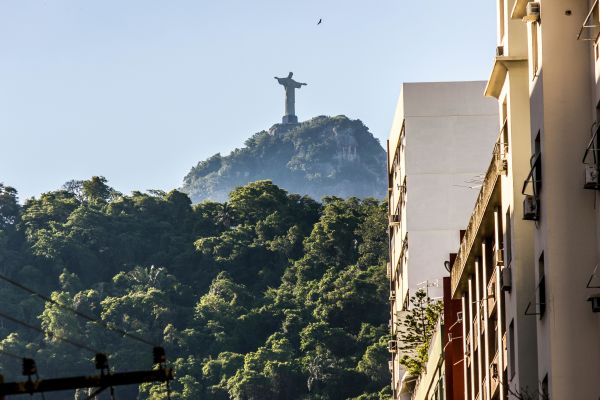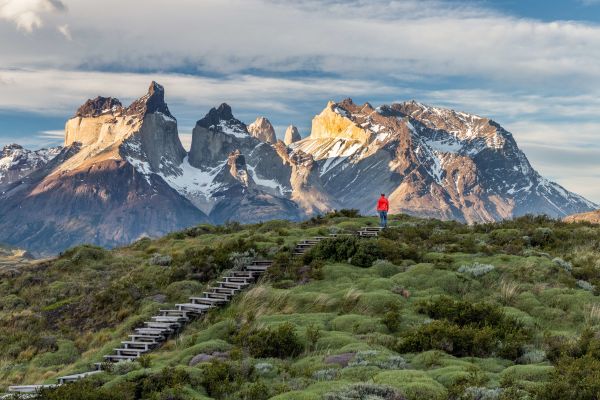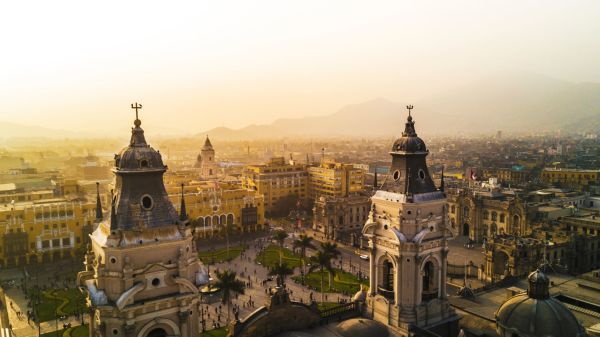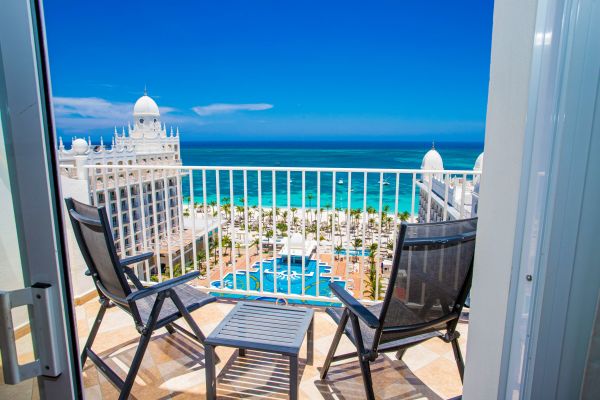Everything you need to know to travel to Africa

The continent of diversity, natural beauty, and wildlife attracts travelers from all over the world with its breathtaking landscapes, rich culture, and fascinating history. But before traveling to Africa , it's essential to understand and comply with the necessary requirements to do so safely and without incident .
Among the main attractions that Africa offers, safaris , the opportunity to observe various species of wild animals up close and the Big Five are at the top of the wish list of many adventurers.
Africa is the third largest continent in the world and is home to an incredible geographical diversity that has become a tourist catalog with the plains of the savanna, the tropical and equatorial rainforests, the deserts of the north and the coasts of the south .
In addition to its geographical diversity, this continent is also a melting pot of cultures, languages, and traditions . With over 3,000 different ethnic groups and a multitude of spoken languages, exploring Africa is to immerse oneself in a world of contrasts and cultural richness.

You might also be interested in: A complete guide to exploring South Africa's Garden Route
Documents required to travel to Africa
To travel to Africa from Chile, you generally have to take connecting flights through airports in major European cities or Doha, Qatar , depending on the airline and the specific route.
The required documentation varies depending on the country you wish to travel to. Each country has its own requirements , so it is recommended that you contact your travel agent or the respective embassies to confirm what they are .

Some examples:
- South Africa : From Chile, for tourism or business purposes, you do not need a visa for stays of up to 90 days. You must present the International Certificate of Vaccination against Yellow Fever, a passport valid for at least 30 days after your return with at least two blank pages, round-trip tickets, proof of sufficient funds for your trip, and medical insurance valid for that country.
- Morocco : Chilean citizens can enter Morocco without a visa for up to 90 days for tourism or visits, provided their passport is valid for at least six months. A return ticket and proof of sufficient funds are required. Although travel insurance is not mandatory, it is recommended for any eventuality.
- Egypt : Chilean citizens do not require a visa to travel to Egypt. Options such as the electronic visa (e-visa) are available and can be applied for online. In addition to a valid passport, you will need round-trip tickets, a travel itinerary, proof of sufficient funds, a yellow fever vaccination certificate, insurance, accommodation reservations, and a letter explaining the purpose of your trip.
- Ethiopia : To enter Ethiopia, a visa is required, which can be applied for online for stays of up to 30 days. Requirements include a photograph, a copy of the last page of your passport, a valid email address, a passport valid for at least six months, and proof of sufficient funds.

The importance of vaccines
Vaccinations are crucial to prevent potentially dangerous diseases during your trip ; some are mandatory and others are recommended by specialists.
- Required vaccinations: One of the most common requirements is a yellow fever vaccination certificate. This document is usually required, especially if you are coming from at-risk areas or have transited through airports in affected countries for more than 12 hours. Additionally, the polio vaccine is required in countries like Cameroon and Libya, so it's important to ensure you are up to date with this immunization.
- Recommended vaccinations: For more comprehensive protection, also consider recommended vaccinations that prevent diseases specific to the country you will be visiting. In Africa, vaccinations against polio, tetanus-diphtheria, hepatitis A, typhoid fever, cholera, and/or meningococcal meningitis are advised, depending on the region you plan to explore.
Tip : Before traveling to Africa, it's essential to schedule a visit with your trusted doctor. This healthcare professional can assess your medical history, your specific destination, and any individual risks you may face.
You might also be interested in: Futangue Park: The great treasure of Northern Patagonia


